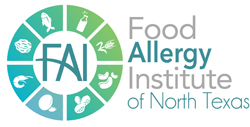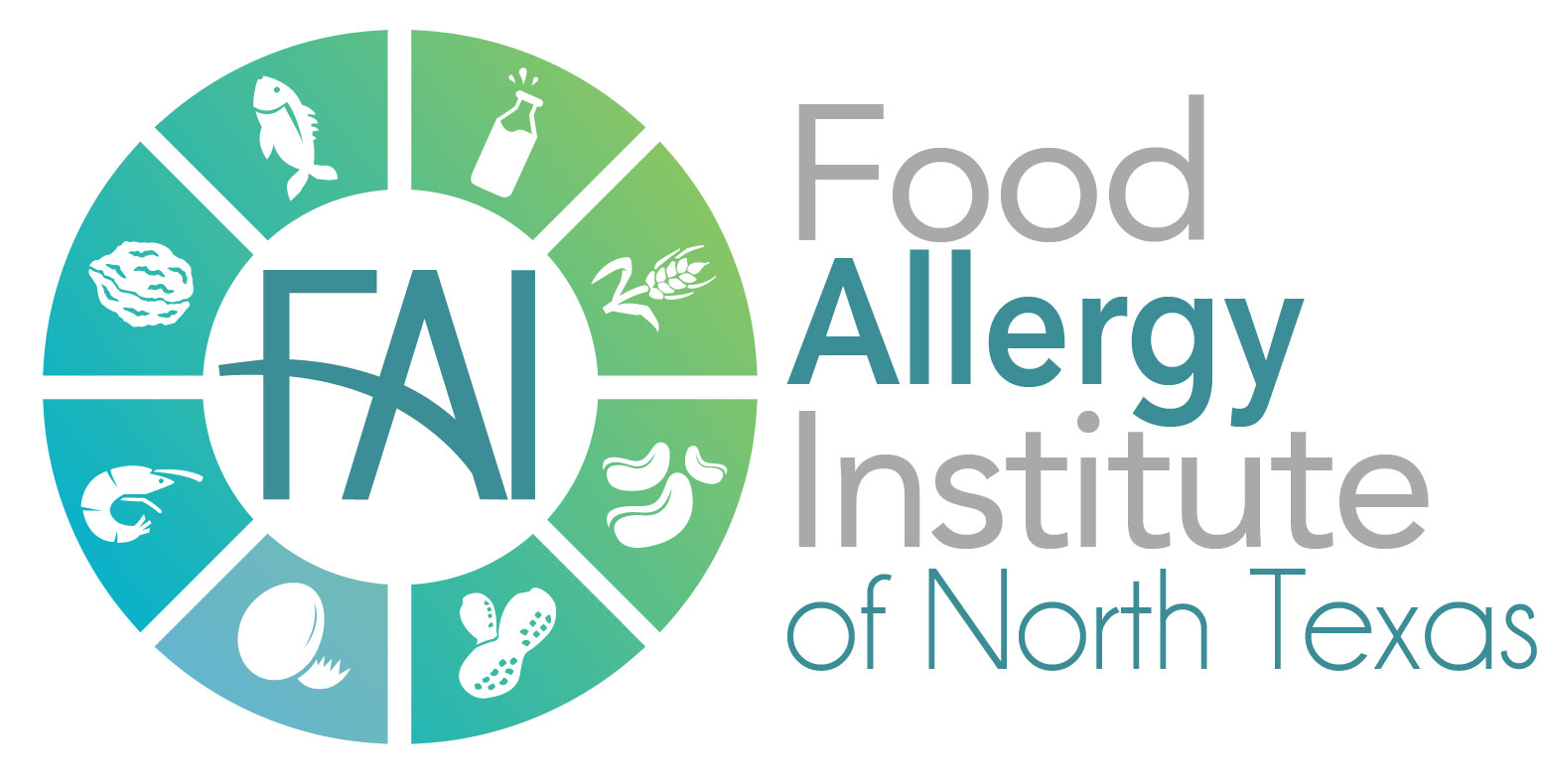25 Aug GETTING BACK TO SCHOOL WITH FOOD ALLERGIES
Heading back to school with food allergies can create a unique set of challenges. Whether its anxiety, concerns over bullying, or staying safe in a cafeteria, the allergic child, along with supportive caregivers, must create appropriate accommodations to ensure safety and acceptance.
It is estimated that 16-18% of school-aged children who have food allergies have had a reaction in school. It is therefore critical that steps are taken to keep children safe and caregivers prepared in case of emergency.
Building a plan that is based on best practice is recommended. While many parents feel that allergen-free schools are safest, experts believe this model leads to a false sense of security. Instead, being ‘allergy aware’ is recommended. Here are some of the steps involved to reach that goal:
- Build a team. This should include: administration, school nurse, teachers, food service director, supervisor/manager, parents and students. If there is no clear policy in place, develop one.
- In the public system, an allergic child is eligible under Section 504 for a specific plan to be developed by the above mentioned team. In a private school, an individualized Food Allergy Action Plan is recommended. Food Allergy Research & Education (FARE) has an action plan available on their website.
- Another resource, based on best practices in a school setting, is available from the Center for Disease Control and Prevention. The CDC has created voluntary guidelines for school or childcare centers for managing the risks and reactions of children with food allergies.
- Using these guidelines as a tool, a complete plan can be developed with the following principles in mind:
1. Ensuring the daily management of food allergies in individual children
- Having specific procedures in place to identify allergic children
- Developing an Emergency Care Plan to reduce the risk of reaction
- Helping students manage their own food allergy when appropriate
2.Preparing for food allergy emergencies
- Creation of an easy to use communication system set up for emergencies
- Auto-injectors easily accessible to staff
- A plan for implementing auto-injectors when needed and for immediately contacting EMS
- Plan of action for handling allergic reactions in students with no prior history of allergies
- A method to document food allergy emergencies
3. Providing professional development on food allergies for staff members
- General training for all school staff on food allergies
- In-depth training for staff who have frequent contact with children with food allergies
4. Educating children and family members about food allergies
- Teaching students, parents, and family members about food allergies
5. Creating and maintaining a healthy and safe educational environment
- Policies to create an environment that is safe from exposure to food allergens
- Food handling policies that prevent risk of cross-contamination
- Making outside groups that use facilities aware of policies
- Efforts to create an atmosphere that fosters acceptance and reduces bullying and social isolation
“When schools and early care and education programs develop and implement plans to effectively manage the risk of food allergies, they help keep children safe and remove one more health barrier that keeps some children from reaching their full potential.”
Kathleen Sebelius, U.S. Secretary of Health and Human Services


